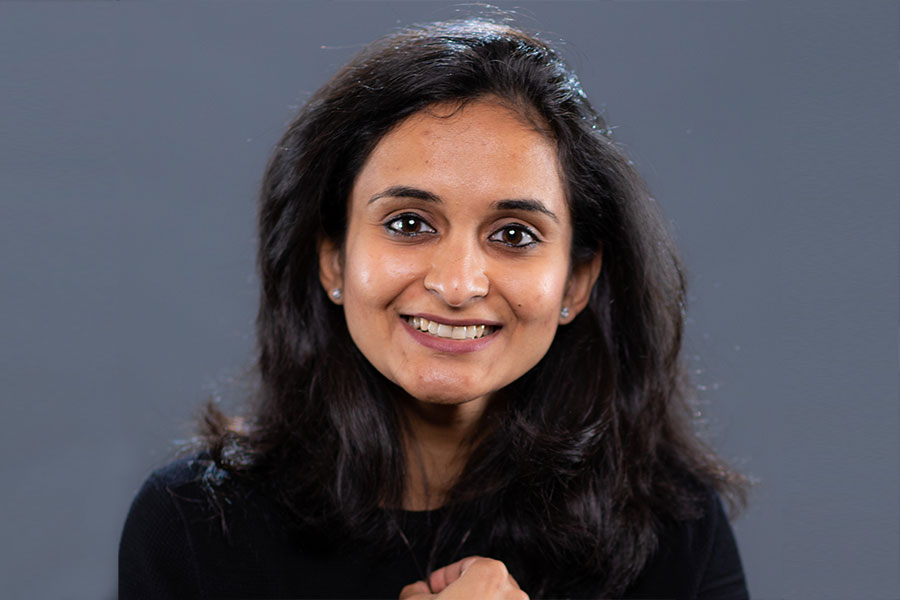Kennesaw State University posted the following news release about a KSU researcher hoping to determine why controversial and narcissistic individuals are able to attract large followings:
Why is Elon Musk so popular?
That’s a question Kennesaw State University assistant professor of marketing Prachi Gala hopes to have answered next summer by the conclusion of her visiting research fellowship with the Gordon Institute of Business Science at the University of Pretoria in South Africa.

Gala, who teaches in the Michael J. Coles College of Business, was selected for the fellowship following a highly competitive process. She will present at least one seminar, develop one joint research project with a member of Gordon Institute faculty, and spend two weeks in residence in Johannesburg, where the institute is located.
Her research will examine why people are drawn to “dark triad personalities,” which contain a blend of narcissism, Machiavellianism and psychopathy.
“We see a lot of dark triad leaders out there, but unfortunately or fortunately, they are very well liked in spite of their personality,” Gala said. “One big example can potentially be Elon Musk. He’s on a rampage; he tweets what he wants; he wants attention. But despite that, he has a big fan following and is beloved.”
Musk is often described in news reports as the world’s richest person, famous for leading the electric automaker Tesla, private satellite and space transport company SpaceX and his current bid to buy the social media platform Twitter.
Gala’s research proposal suggests that dark triad leaders are liked because of the language they use, which is often disparaging.
“There are some leaders who are very blunt and don’t mind using derogatory words, and that’s what actually gives them the favor and puts them in a positive light,” Gala said.
Gala’s research team will collect survey data showing different CEO dialogues — blunt and polite — then ask which dialogue people prefer.
They will also collect secondary information through Twitter and Instagram to see how many followers those leaders have.
Gala also examined CEO behavior earlier this year in an article published in the European Journal of Marketing, which found that CEOs who have high degrees of integrity tend to negatively influence each of the three core dimensions of entrepreneurial orientation: innovation, being proactive and risk-taking.
Gala’s interest in Africa was spawned earlier this year when she participated in the Jewish National Fund USA’s 2022 Summer Faculty Fellowship Program in Israel, which afforded her the opportunity to network with Israeli professors from across the country.
One of her most meaningful interactions, however, involved a group of Ethiopian students who traveled to Israel to learn how to develop agriculture in the desert.
“That inspired me to study more about Africa,” Gala said. “That really inspired me to learn about how these students think. There isn’t enough help, so they want to help themselves by learning from external cultures and help their communities from that.”
That led Gala to sift through fellowship opportunities in Africa, which ultimately led her to the University of Pretoria, where she will conduct research with GIBS professor Gavin Price.
These global interactions are important to Gala, who teaches an international marketing course in the Coles College of Business.
“Relationship building is always a precious resource,” Gala said. “That is my responsibility, and I want to develop relationships that help Kennesaw State University as well as their university, so that we can have student exchanges or something along those lines where we can expand our relationship.”
– David Roberts





